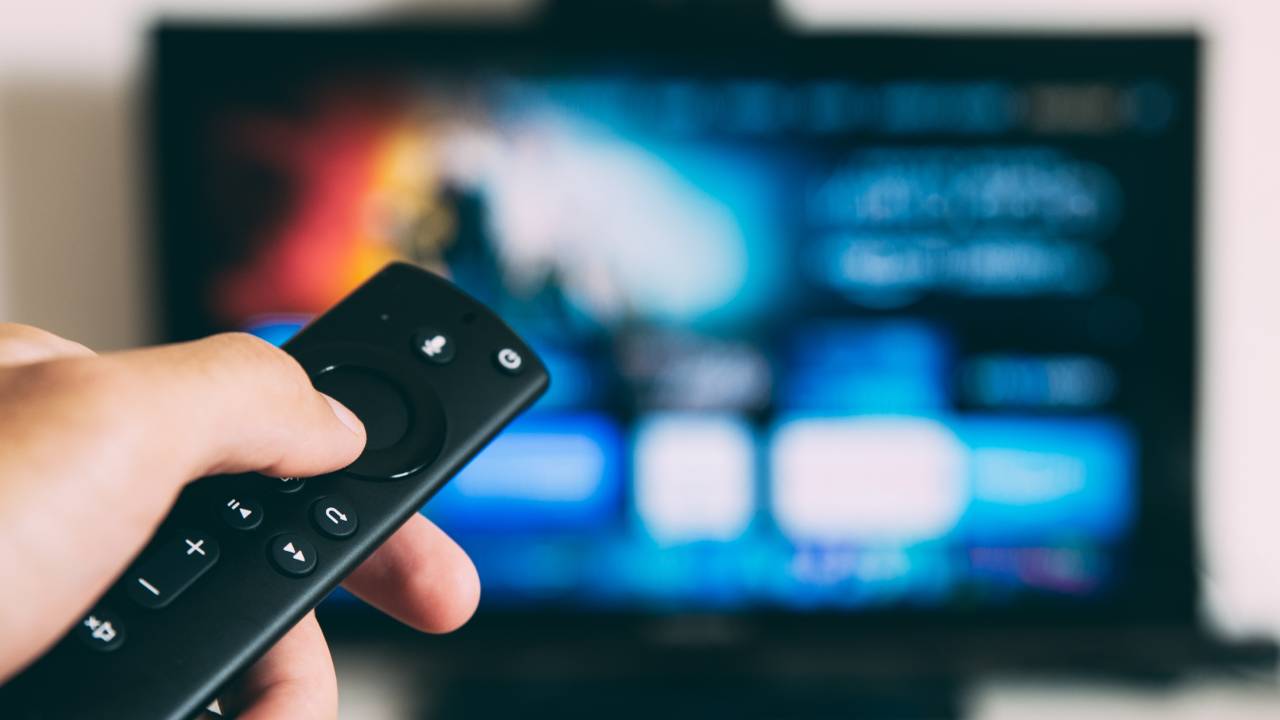Disney+ massively hiked its price – and hardly anybody quit
It looks like price isn't the most important consideration for Disney+ subscribers: the latest price hike had hardly any impact


Get all the latest news, reviews, deals and buying guides on gorgeous tech, home and active products from the T3 experts
You are now subscribed
Your newsletter sign-up was successful
The best streaming services have to do quite a tricky balancing act: they would really like to bring in more money, but there's always a risk that upping their prices means losing more customers and putting potential ones off. But it seems that for Disney+ the balancing act isn't quite as tricky as you might think. Despite one of its biggest price hikes in years, the service isn't seeing a mass exit of subscribers.
According to analytics firm Antenna, when Disney+ upped the price of its ad-free service from $7.99 a month to $10.99 a month – an increase of nearly 40% – it had very little impact in the US. According to Antenna, 94% of paying subscribers stayed. And it's likely that many of the 6% who didn't may have gone for the ad-funded tier instead.
That's good news for Disney, of course: it's trying to sort out something of a financial crisis and is in the middle of a massive cost-cutting exercise that's seeing projects delayed or cancelled and many jobs being lost. But it might be bad news for streaming subscribers.
What do the Disney+ numbers actually mean?
The knee-jerk response is to say that it proves streaming isn't particularly price-sensitive: if your local pub put up the price of Guinness or gin by nearly 40% you'd find yourself another local, but that clearly isn't happening here. And the worry is that streaming services will take that as a sign that they can afford to charge more too.
But I think it's more complex and Disney-specific than that. First of all, even after the price hike Disney is significantly cheaper than rivals such as Netflix and HBO Max, so people clearly haven't gone "this price hike is too much! I'm off to a more expensive service!" And secondly, I think Disney+ is a slightly different proposition from other streamers.
The difference, I think, is that the best-known streaming services are primarily content distributors where Disney is a content creator. Sure, other services make their own content and shout about it. But the reason so many shows and movies disappear from the likes of Netflix or Amazon Prime is because Netflix and Amazon didn't make them and doesn't own them. Originals still make up a relatively small part of their offering.
With Disney, though, you're subscribing to a content-creating empire that appears to own most of the entertainment industry. The Disney+ catalogue is massive and generally of very high quality, and it's not available elsewhere: if you want Black Panther: Wakanda Forever, or The Menu, or The Mandalorian, or documentaries where U2 take your favourite songs and murder them (I watched that one the other night after hyping it up. I'm sorry if like me you were dreadfully disappointed), you need that Disney subscription.
Get all the latest news, reviews, deals and buying guides on gorgeous tech, home and active products from the T3 experts
What I think the numbers indicate here is that there's value to Disney+'s content. It's not that price isn't a consideration for its customers; it is. But it looks like people who've come to Disney+ at lower prices feel that it delivers enough value that they'll stick with it even if the price goes up. And I know that because I'm one of them: while I'll often unsubscribe from streaming services after the end of particular shows, all I did about the Disney+ price hike was tut and renew my subscription.
Writer, musician and broadcaster Carrie Marshall has been covering technology since 1998 and is particularly interested in how tech can help us live our best lives. Her CV is a who’s who of magazines, newspapers, websites and radio programmes ranging from T3, Techradar and MacFormat to the BBC, Sunday Post and People’s Friend. Carrie has written more than a dozen books, ghost-wrote two more and co-wrote seven more books and a Radio 2 documentary series; her memoir, Carrie Kills A Man, was shortlisted for the British Book Awards. When she’s not scribbling, Carrie is the singer in Glaswegian rock band Unquiet Mind (unquietmindmusic).
